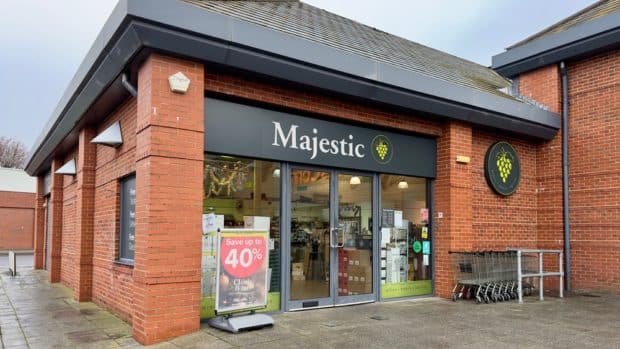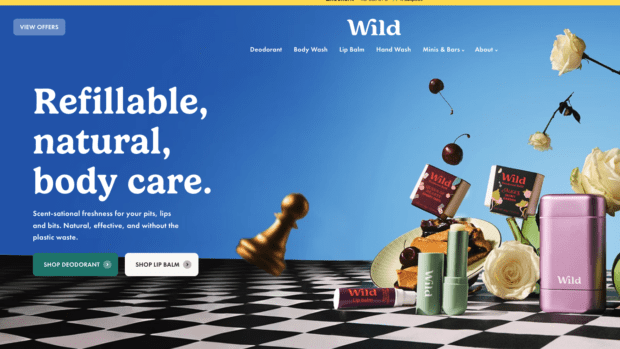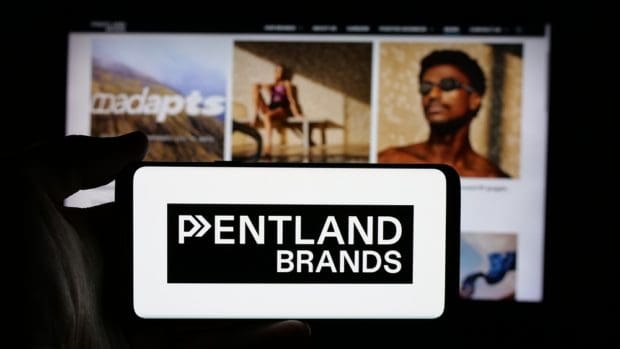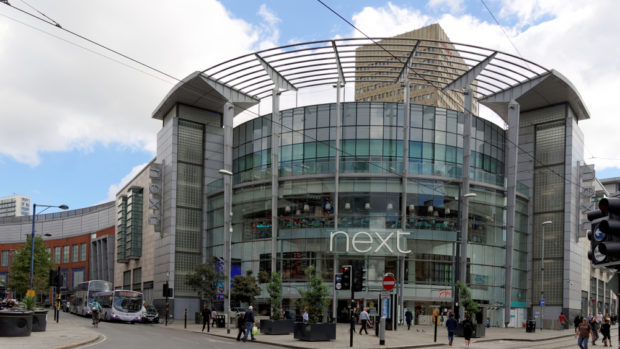Littlewoods Shop Direct Group (LSDG) has added another “big book” catalogue to its holdings-sort of. On 28th January it agreed to buy the customer database and brand name of Empire
Stores from Redcats UK. Redcats, a division of French conglomerate PPR, had announced on 10th January that it would close Empire within a year unless a buyer was found. The deal is
expected to close in July.
The acquisition won’t save the jobs of Empire’s 850 workers in Bradford and Wakefield, Yorkshire, however. Consultations between trade union Usdaw, which represents many of the Empire workers, and Redcats began 14th January.
Redcats’ announcement of the closure followed months of murmurs about redundancies and restructuring. This past summer Catalogue/e-business reported that Redcats was to “reorganise” the 175-year-old Empire business and “implement important changes to its product selection and sourcing strategy, which will potentially require a reduction in the number of people in some functions”.
In a statement released in January, Redcats said it wanted to invest in its “healthier”, web-driven brands: fashion and home goods title La Redoute; children’s apparel and decor catalogue Vertbaudet; and Daxon, which sells apparel, home, and wellness products for mature consumers. The closure of Empire, according to the company, will “ensure the viability” of its remaining operations and its “longer-term development as a successful web-driven multinational distributor”.
A stagnant model
A spokesperson admitted that during the past decade sales at Empire Stores have fallen by half. Making matters worse, the business was unprofitable, “with no recovery prospects”, according to a statement. PPR’s full-year results released on 24th January revealed that Empire’s sales were approximately £162.2 million (€217 million) for 2007.
Much of Empire’s decline resulted as the “market changed structurally,” said the spokesperson, referring to the waning agency market. Under the agency model, big-book catalogues such as Empire, Littlewoods, Freemans and Grattan relied on agents to sell goods to family and friends, in return for a commission on each sale, relaxed credit agreements and other benefits. For consumers, one of the selling points of shopping from an agency book was the ability to pay for their purchases over time rather than via cheque or credit card.
The agency model became increasingly expensive for cataloguers during the past 15 years or so, said Richard Perks, director of retail research for research and analysis firm Mintel, especially
as many people were becoming agents solely to take advantage of the credit terms and bonuses without actively selling to others.
At the same time, credit became more readily available in the 1980s and ’90s, allowing lower-income consumers who’d previously had few options other than the agency books to shop from a wider array of merchants with their newly acquired credit cards.
Then, too, agency catalogues had to compete for price-conscious consumers with high-street retailers such as Primark and H&M that offered inexpensive but trendy fashion.
Clearly the big books needed to update their business model. And several of them have. Littlewoods, for instance, last year invested £12 million in a media campaign fronted by TV fashion gurus Trinny and Susannah that drew attention to the brand’s fashion-forward offerings. The investment contributed to what a spokesperson last year told Catalogue/e-business was double-digit growth. Similarly Otto UK, the parent company of Grattan, signed up celebrity endorsers such as makeover expert Nicky Hambleton-Jones and actress Patsy Kensit to add some glitter to the brand.
But not so Empire. “Empire was always the smallest and weakest of the big books,” said Perks, and Redcats/PPR “never seemed to do much with it. Whereas Littlewoods seemed to know that it should be reinventing itself for the 21st century, Empire did not seem as active to want to reconfigure its business. It’s a case of old companies changing their spots”.
One might think that the current credit crunch could boost Empire’s fortunes. But Perks doesn’t think it will, even though companies such as N Brown Group and Findel are doing rather well with their credit businesses. Even with the economic slowdown and more-stringent lending criteria, credit is still more readily available than it was in the first three-quarters of the previous century, Perks said. And for those companies that do offer credit, it’s not a core part of their business, he added. “Multichannel is the way forward-Next has shown us that,” Perks said.
Marching on
Empire is not the only brand being divested by PPR this year. The retailing giant will also close Redcats’ “missy” division in the US, which includes the Chadwick’s fashion catalogue, to concentrate on strengthening its presence on the high street and capitalising on the growth of the plus-size market.
Here in the UK, the internet is Redcats’ primary focus. The company said it will “encourage [Empire] customers to use our other strong web-based brands”. In fact, Redcats is already encouraging cross-pollination of its brands online. LaRedoute.co.uk recently made the entire 1,400-item Vertbaudet range available on its website. Olivier Gimpel, director general of La Redoute and Vertbaudet, said that the partnership “massively increases” La Redoute’s online product offer, giving “customers more opportunities to return to the site”. Gimpel declined to comment on the situation at Empire Stores.








Share